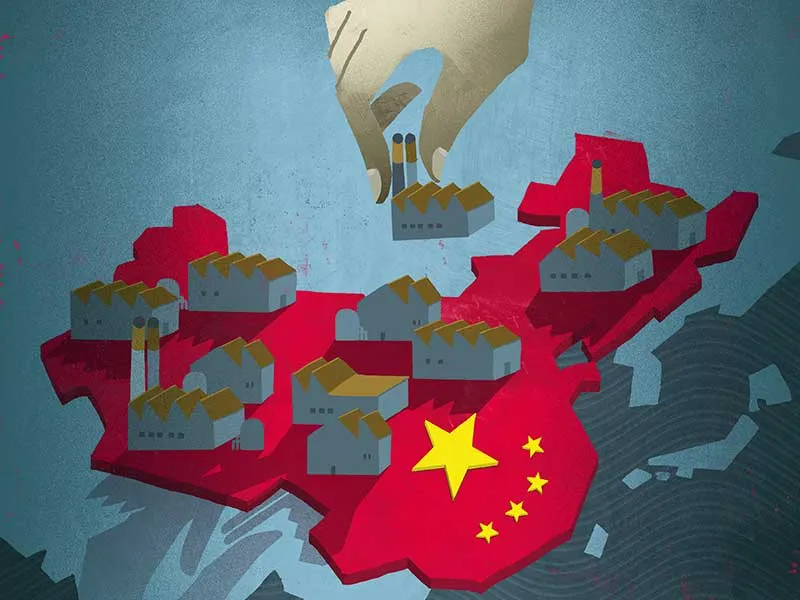Asia links 4 Mar 2021: Chinese SOEs, Indonesia's omnibus law, Korean property

Latest

Babies out with the SaaS-water
Disclaimer: This article constitutes the author’s personal views and is for entertainment and educational purposes only. It is not to be construed as financial advice in any shape or form. Please do your own research and seek your own advice from a qualified financial advisor. From time to time,







